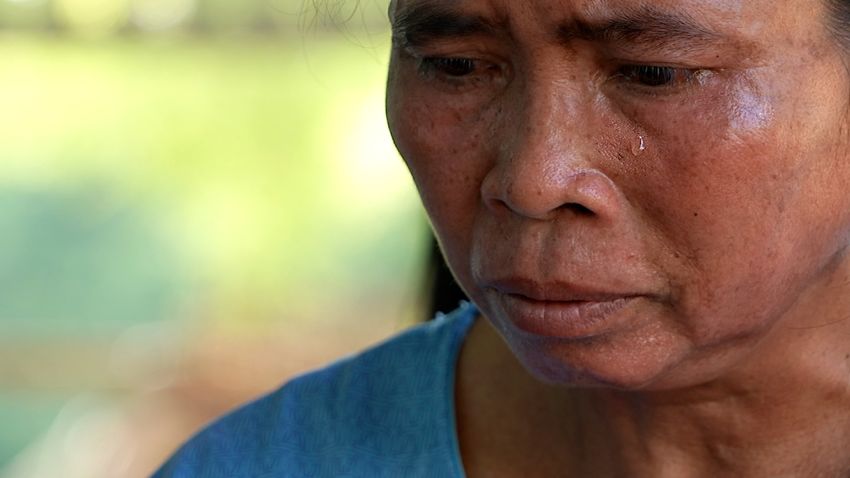Following the death of Hamas leader Yahya Sinwar, who was killed by Israeli forces in Gaza, the situation surrounding the Israeli hostages has become even more tense and uncertain. Sinwar, known as the mastermind behind the October 2023 attack that ignited the ongoing Gaza war, was a significant obstacle to negotiations for the hostages’ release. His death marks a major milestone for Israel in its military campaign, yet it has sparked grave concerns among families of the 101 hostages still held by Hamas.
For many relatives, the elimination of Sinwar brings little comfort, as they fear that the situation for those still in captivity may have worsened. The parents of hostages, including high-profile cases like Israeli-American Omer Neutra, have issued urgent pleas to the Israeli and U.S. governments, calling for immediate and decisive action to secure a deal with Hamas and bring the remaining captives home. With 117 hostages already freed or rescued, the focus now shifts to the fate of those left behind, as Israeli officials continue their military operations in Gaza.
Sinwar’s death, while hailed as a significant victory by the Israeli government, leaves many questions unanswered about the future of negotiations. Some analysts speculate that his absence could create a power vacuum, potentially leading to more unpredictable and dangerous actions by Hamas. Meanwhile, in Tel Aviv’s “Hostages Square,” protests by families and supporters have intensified, with growing frustrations over the lack of clear progress toward securing the hostages’ return.
As the Gaza war enters a critical phase, international attention is focused on the potential for renewed diplomatic efforts, but the clock is ticking for those still held in Gaza’s labyrinth of tunnels. With mounting pressure on both the Israeli and U.S. governments, the next few weeks will likely be crucial in determining the hostages’ fate and the overall trajectory of the conflict.



